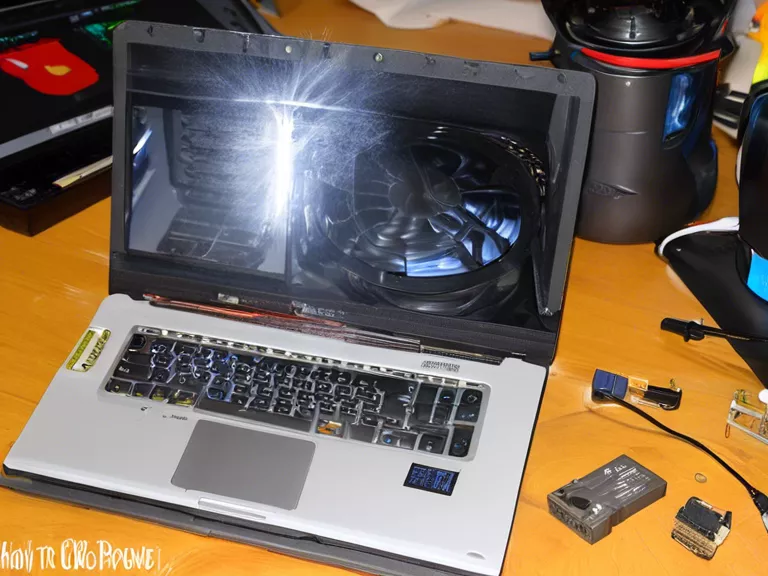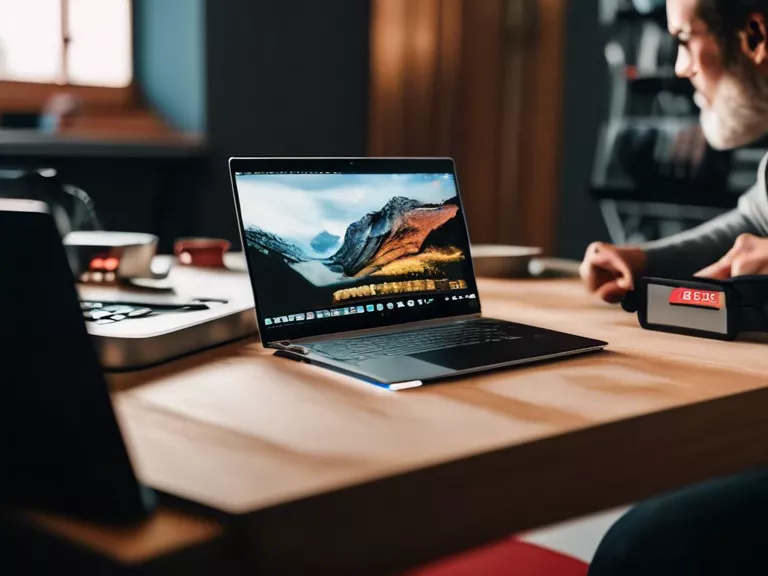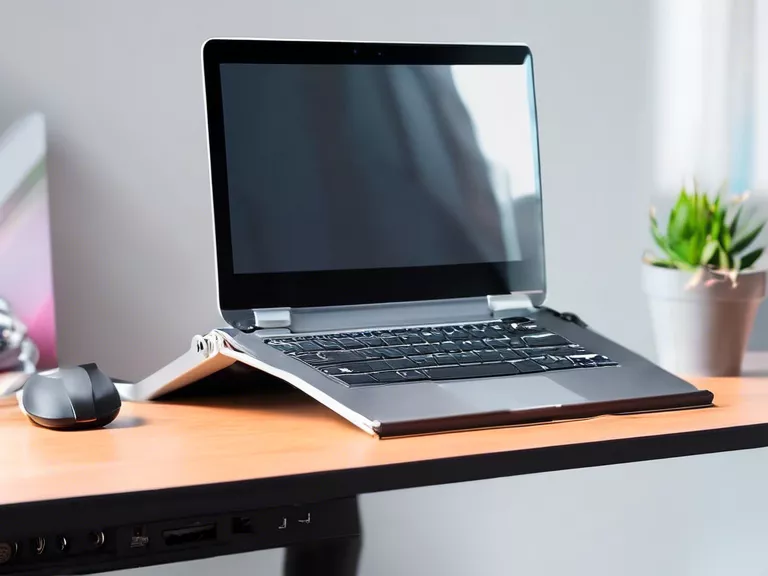
Overheating is a common issue that many laptop users face, especially during long hours of usage or when running resource-intensive applications. However, there are several ways to improve your laptop’s cooling system to prevent overheating issues and ensure optimal performance.
Keep your laptop clean: Dust and dirt can accumulate in the cooling vents and fans, blocking airflow and causing your laptop to overheat. Regularly clean these components using compressed air or a soft brush to prevent buildup.
Use a cooling pad: Investing in a cooling pad can help improve airflow around your laptop and dissipate heat more effectively. These pads often come with built-in fans to provide additional cooling support.
Elevate your laptop: Placing your laptop on a flat, hard surface can improve airflow and prevent overheating. Avoid using your laptop on soft surfaces like cushions or blankets, as these can block the vents and trap heat.
Adjust power settings: Lowering your laptop’s power settings can reduce heat generation and help prevent overheating. Consider adjusting the brightness, closing unnecessary applications, and limiting processor usage to keep temperatures in check.
Monitor temperatures: Install software that allows you to monitor your laptop’s temperature in real-time. This can help you identify any potential overheating issues early on and take proactive measures to prevent damage.
By following these tips, you can improve your laptop’s cooling system and prevent overheating issues. Keeping your laptop clean, using a cooling pad, elevating your laptop, adjusting power settings, and monitoring temperatures are all effective ways to ensure optimal performance and extend the lifespan of your device.



